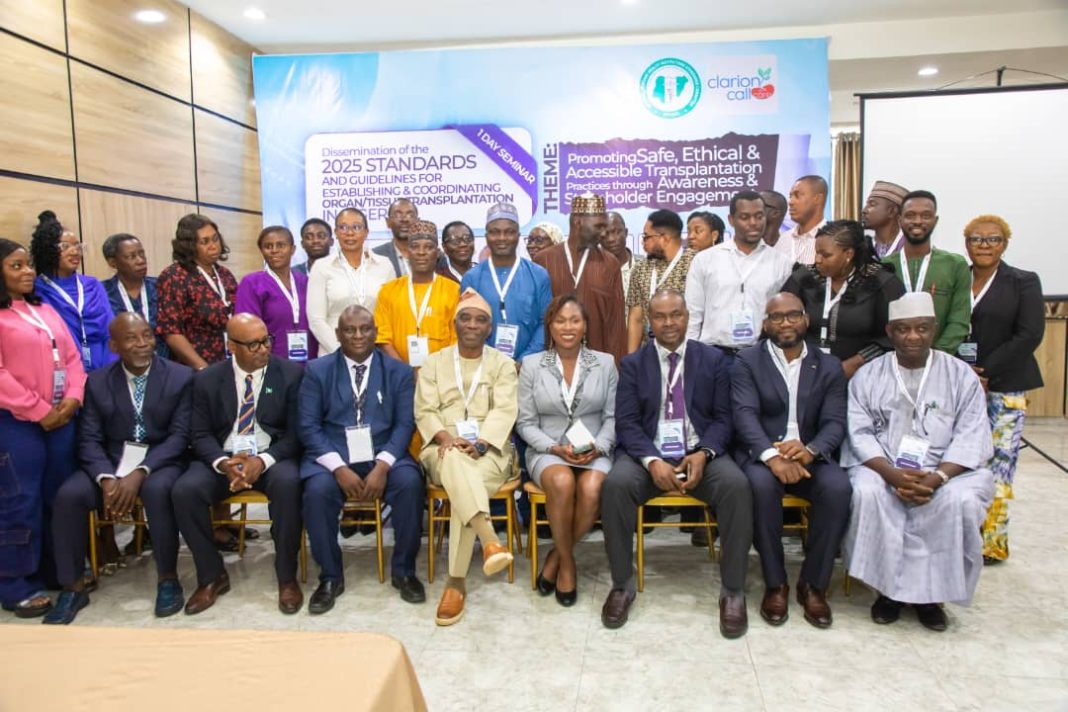By Joyce Remi-Babayeju
The federal government has gone digital to ensure the availability and affordability of medicine supplies in hospitals for citizens as it unveiled a new digitized inventory consignment model.
The new digital model is
aimed at tackling persistent challenges in the supply and affordability of essential medicines across federal and national hospitals.
Speaking at a stakeholders’ engagement in Abuja, the Permanent Secretary of the Federal Ministry of Health & Social Welfare, Daju Kachollom, reiterated that its main objective was to discuss the newly introduced digitalized inventory consignment model for essential medicines in federal tertiary hospitals, which is in line with the national strategy for supply chain management of essential drugs, an exclusive reserve of the federal government She highlighted the goal of ensuring the availability and affordability of essential medicines in public hospitals.
Kachollom urged the Departments of Food and Drug Services and, Hospital Services of the Ministry to collaborate effectively with the Pharmacy Council of Nigeria and other relevant stakeholders ‘to discuss and identify gaps and challenges in medicine supply chains vis-à-vis the newly introduced digitalized initiative.
” But then, whatever we do, we should never forget that our job as Federal Ministry of Health & Social Welfare is to save lives. First and foremost, save lives. Reduce both physical and financial pain and, produce health for all Nigerians,” the Permanent Secretary further affirmed.
Dr. Salaudeen Jimoh,,Director of the Hospital Services Department, Federal Ministry of Health and Social Welfare, said the digitalised initiative is designed to ensure affordability, strengthen service delivery, and close supply chain gaps.
He noted that the digital system would reduce the cost of essential medicines and improve availability nationwide.
“Once we go into this partnership, definitely it will be better for all Nigerians. The goal is to strengthen service delivery, introduce a digitized consignment model for essential medicines, and promote stakeholder collaboration,” Dr. Jimoh emphasized.
Speaking on behalf of the Director, Food and Drug Services Department, Pharmacist Yakubu James reiterated the commitment of the department to stakeholder engagement to ensure that it aligns with the national strategy for supply chain management of essential drugs.
Chairman of the Chief Medical Directors (CMDs) Committee, Prof. Eme Bassey, commended the initiative, as he highlighted the challenges of managing existing hospital stock, dynamic drug inventories, and urgent patient needs that may not tolerate long procurement timelines.
“We must ask ourselves what happens to drugs urgently required when processes take days. Transparency is key, but we must also address realities on the ground,” he cautioned.
Highpoint of the engagement was the robust interactive session (over the power point presentation by Mr. Emmanuel Okorie from Emgee Resources) amongst participants comprising key Officials from the Ministry, Chief Medical Directors of Federal Tertiary Health Institutions across the country, Pharmacy Council of Nigeria representatives and other relevant Stakeholders’.
The meeting underscored government’s determination to eliminate “stock-out syndrome” in Federal Tertiary Health Institutions and ensure reliable distribution of medicines.
Officials and participants stressed that digitalisation of hospital drugs inventories would enhance transparency, reduce waste, and help curb theft of drugs, consumables etc.
Additionally, with stakeholders’ buy-in, the Federal Government expressed confidence that the digital model would transform essential medicine availability and affordability, advancing universal health coverage for Nigerians.
End





